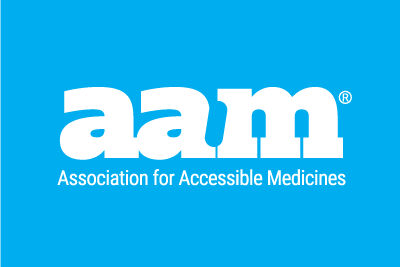After skin cancer, breast cancer is the most common type of cancer in women. Researchers today have a better understanding of breast cancer than ever before, and there are more and better treatments available, but the need remains significant for competitive alternatives in cancer medications.
To mark Breast Cancer Awareness Month, here are five facts about breast cancer for health care professionals and advocates:
| Cancer | $106.5 billion |
| Blood cancer | $8.4 billion |
| Myeloma | $2.9 billion |
| Breast cancer | $65.0 billion |
| Lung cancer | $284.6 million |
| Colorectal cancer | $21.2 billion |
(Source: IQVIA)
- There are many types of breast cancer. According to Susan G. Komen, which raises funds for research—and just as important, raises awareness and promotes dialogue about the disease—
Tumor cells can vary in location (milk ducts or lobules) and how they look under a microscope. These differences often affect prognosis.
- Generic and biosimilar prescription medicines represent significant savings for U.S. breast cancer patients and the overall health system. Savings for breast cancer medicines—$65.0 billion in 2020—are greater than for than any other type of cancer.
- Lower prices have been linked to prescription adherence—which saves lives. According to a 2016 study,
Cost savings from generics have significantly increased adherence rates, and the impact of generic medications on breast cancer survival rates is expected to be significant in the long term.
- About 43,600 women will die from breast cancer this year, according to the American Cancer Society.
- Breast cancer affects women of all ages and races, though the mortality rate is highest among Black women. Late detection has been suggested as the chief reason for racial disparities. An analysis from Columbia University notes,
A disproportionate number of Black women in the U.S. continue to receive late-stage breast cancer diagnoses, a point where treatment options become limited and expensive and survival rate is poor.
Furthermore, not everyone has the resources and network to navigate the health care system.
The Black Women’s Health Imperative, which AAM recognized earlier this year as a Champion of Access, advocates for policies and programs to reduce these disparities.
By Rachel Schwartz, AAM Communications Director
Published on October 18, 2021
Issues




